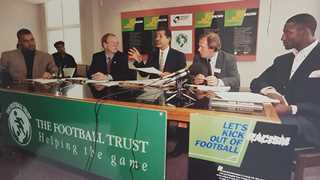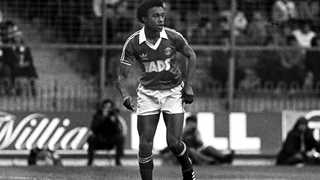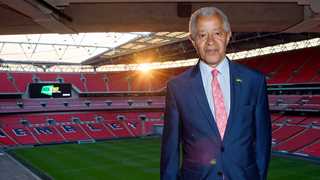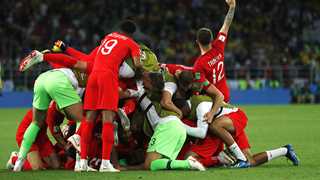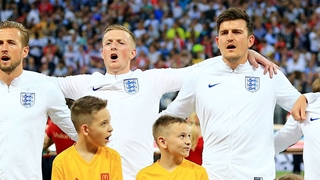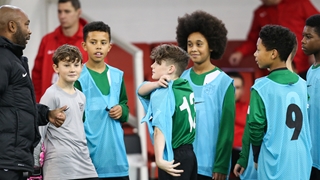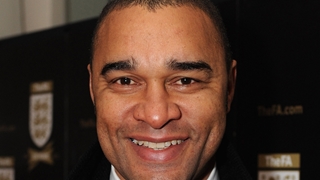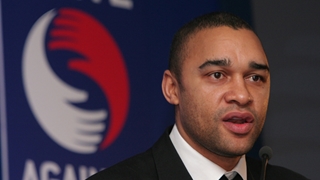
I can still remember being involved with the original launch of ‘Kick It Out’ way back in 1993.
Lord Herman Ouseley, in his role of Chair of the Commission for Racial Equality [CRE], had the original vision for it given his journey and after seeing what was happening in the game both on and off the pitch at that time.
It was at a meeting in a room at the CRE offices, close to London Bridge, and alongside Herman was Gordon Taylor from the Professional Footballers' Association (PFA), Baron Richard Faulkner from the Football Trust and myself and John Fashanu, who were both top-flight players during that era.
The first real time that I had spoken publicly about the matter was when I was about 19 and playing for Luton Town. The atmosphere in football for black players in England was toxic with booing, monkey chanting and all the rest of it.
A few years later, on the back of a brilliant footballing and cultural experience playing for Pisa in Italy and then for Celtic in Scotland where I was on the receiving end of more racism, I was in a more mature position to articulate the narrative of my journey.
I wanted to talk about human rights and black players’ rights to work in a racism-free environment, so when I got introduced to Herman through the CRE, we just hit it off instantly.
I was a member of the PFA so I knew Gordon well and his leadership in that area was always important at what was a difficult time for football and society.
All of those parts just came together and the leadership from both Herman and Gordon has been nothing short of spectacular.
The whole Kick It Out ethos has been in my DNA ever since, in everything I do, the people I speak to, whether that’s at schools, colleges, nationally or internationally.
At the start, many people thought it wouldn’t be sustainable and there was a lot of negativity. But the players and people that mattered respected it and knew it was well-intentioned.
The journey since then has been fantastic, so much has been done and the work is still going on. Remember, Kick It Out is essentially a charity, it’s a campaigning organisation with no statutory or regulatory powers.
There have been so many people involved since the start who have done great work, people like Louise Ansari, Brendon Batson, David Dein and Bob Purkiss.
And there are the people who have been doing the hard miles in the engine room. It’s always easy to turn up when the cameras are there but it’s about what happens when the camera goes away. In order to make sustainable change, you have to be committed and dedicated.
That’s why Kick It Out has got such great strength and potency and it was the catalyst for change, not just in football but across society too with the impact it’s had in schools and educating people beyond that.
So it’s a proud moment for us all with England’s game against Switzerland being dedicated to Kick It Out during its 25th anniversary year and it’s a perfect alignment after what was a wonderful World Cup.
That’s where we have to pay homage to Gareth Southgate, because what he said about the diversity in his team representing modern-day England and the impact of that going way beyond football and into society – it was just a wonderful way to articulate the success we’ve had and the journey of where we are today.
That’s the power of football, representing everything that modern Britain is about. For my generation of black footballers - who suffered abuse from fans and fellow players, faced the challenges and have since seen the positive evolution - to hear the England manager making such a powerful, positive and resounding statement is something to savour.
It’s symbolic of the impact of Kick It Out because there is no bigger figurehead than the England team and what it looks like on the pitch. It’s the most powerful benchmark and catalyst for everything we set out to do 25 years ago.
Kick It Out’s aim is to use the power of football to make changes, to educate people, break down barriers, bring cohesion and create a fairer and equal society.
That was captured beautifully with what Gareth said because modern Britain didn’t look like this 25 years ago, so it will be an evening for which everyone who has been involved with Kick It Out over that time can be proud of.
For more details on the news, read Kick It Out's statement on the game.


